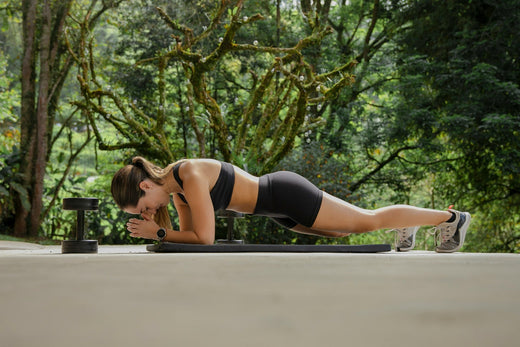Blog

Foods That Help Alleviate Back Pain
Back pain is something many people deal with regularly. It can interfere with everyday activities and make simple tasks feel like a chore. While there are many treatments available, one...
Read moreFoods That Help Alleviate Back Pain
Back pain is something many people deal with regularly. It can interfere with everyday activities and make simple tasks feel like a chore. While there are many treatments available, one...
Read more
Correct Posture for Computer Users
Sitting at a computer all day can do a number on your posture. Poor posture can lead to a cycle of neck pain, back strain, and muscle fatigue. These problems...
Read moreCorrect Posture for Computer Users
Sitting at a computer all day can do a number on your posture. Poor posture can lead to a cycle of neck pain, back strain, and muscle fatigue. These problems...
Read more
Common Causes of Neck Pain and Solutions
Neck pain is a common issue that many people face at some point. It can happen for various reasons, and understanding the root cause is key to finding relief. Everyday...
Read moreCommon Causes of Neck Pain and Solutions
Neck pain is a common issue that many people face at some point. It can happen for various reasons, and understanding the root cause is key to finding relief. Everyday...
Read more
Best Sleeping Positions for Spine Health
Getting a good night's sleep is crucial, but maintaining spine health while sleeping is even more important. The way you sleep can make or break your day. Spine alignment during...
Read moreBest Sleeping Positions for Spine Health
Getting a good night's sleep is crucial, but maintaining spine health while sleeping is even more important. The way you sleep can make or break your day. Spine alignment during...
Read more
How to Properly Use a Lumbar Brace
Using a lumbar brace can be a simple and effective way to support your lower back. These braces offer stability to the lumbar region, which can help with lower back...
Read moreHow to Properly Use a Lumbar Brace
Using a lumbar brace can be a simple and effective way to support your lower back. These braces offer stability to the lumbar region, which can help with lower back...
Read more
Daily Exercises to Prevent Back Injuries
Keeping your back healthy is super important, especially since it supports your whole body. Every time you twist, bend, or lift, your spine is doing the work. Taking care of...
Read moreDaily Exercises to Prevent Back Injuries
Keeping your back healthy is super important, especially since it supports your whole body. Every time you twist, bend, or lift, your spine is doing the work. Taking care of...
Read more




